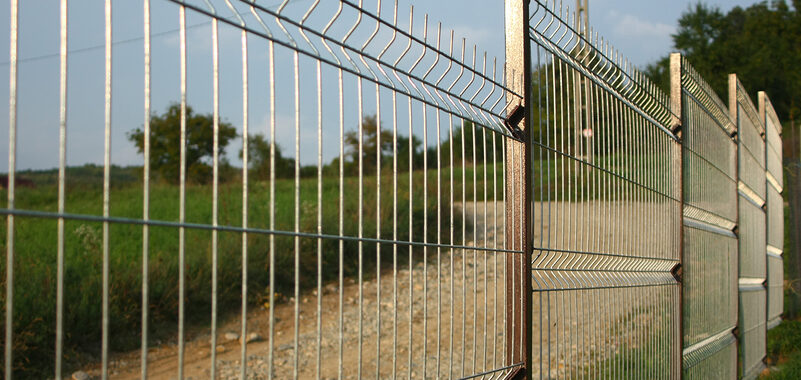Accident on company premises also falls under employer's duty of care
's-Hertogenbosch Court of Appeal dated 8 January 2016
This personal injury case concerns an employee employed by a company engaged in manufacturing countertops. One day, after working overtime, an employee wants to leave the company premises with a colleague. Since the entrance gate to the company premises is already closed, they want to climb over the gate using a bin. The access gate is 2.30 metres high and has sharp steel points at the top. While climbing, the employee grabs the top of the gate with his right hand. After he drops down, the ring on the ring finger of his right hand gets caught on one of the steel points. This causes the ring finger to tear off completely. As a result, the employee suffers permanent physical injury and becomes (partially) disabled. He holds the employer liable for his damages under employers' liability (section 7:658 of the Civil Code).
The employer rejects liability because it considers that the injury was not suffered in the performance of duties. Moreover, according to the employer, employee acted recklessly by climbing over the fence. In fact, it was also possible to get the key to the entrance gate at the premises. The employee subsequently sued the employer.
The subdistrict court ruled that the damage occurred while the employee was in the process of leaving the premises. Given this, it is sufficiently established that the injury occurred "in the performance of the work". The employer had to take into account that an employee who finds himself in front of a closed gate after working overtime does not bother to warn a key holder after all. The subdistrict court concluded that the employer had not fulfilled its duty of care and was liable for the employee's damages. The employer's reliance on conscious recklessness on the part of the employee also fails.
On appeal, the court held that the criterion 'in the course of employment' should be interpreted broadly. This is also reflected in previous case law. This means that the employer's duty of care extends to the working environment and is closely related to the employer's control over the workplace. This includes the fencing and entrance gate. There is no commuting involved, which is outside the employer's responsibility. The court cannot yet give a final judgment on the employer's liability. This is because there is still uncertainty about the circumstances of the accident and the employer's key policy, among other things, which will be investigated further.
TIP: Once again, this ruling shows that employers must realise that their duty of care for a safe working environment goes a long way!

